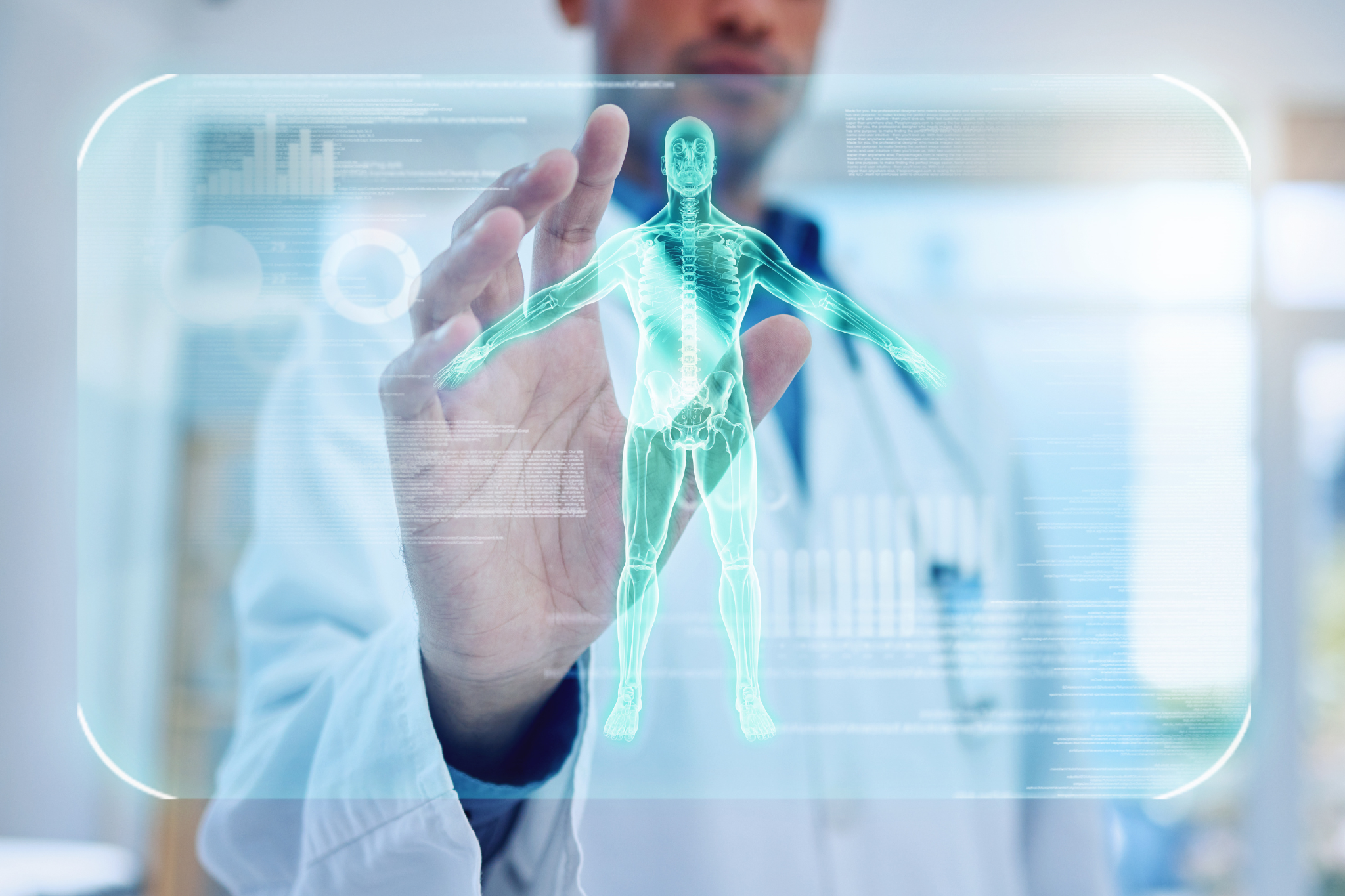In the swiftly evolving landscape of healthcare, the synergy between data science and artificial intelligence (AI) has emerged as a powerful force, driving unprecedented innovations. Data-driven approaches are transforming patient care, empowering medical professionals with personalized treatment plans, predictive analytics, earliest-stage disease prediction using machine learning, and valuable insights for better clinical decision-making.
In addition, mobile applications and smart devices have become a means of constantly collecting medical information such as heart rate, blood pressure, sugar, etc., being able to transfer this data to doctors in real-time, who can design treatments accordingly.
Data science and AI impact on healthcare
The healthcare industry is revolutionizing by applying advanced-level machine learning and data analytics. Be it patient care or operations and pharmaceuticals, data science applications in healthcare are far-reaching, and here are some of the top data science use cases in the healthcare sector.
Personalized Treatment Plans: Empowering Precision Medicine
Data science and AI are reshaping healthcare by unlocking the potential of personalized medicine. Through extensive analysis of patient data, including genetic profiles, medical history, and lifestyle factors, medical practitioners can tailor treatment plans to suit individual patients’ unique needs.
Predictive Analytics: Anticipating Health Risks and Outcomes
Data science is equipping healthcare providers with predictive analytics tools that forecast health risks and potential outcomes for patients. By analyzing large datasets and historical patient records, AI algorithms can identify patterns and risk factors associated with specific diseases. This enables proactive interventions, early disease detection, and preventive measures to mitigate health risks before they escalate.
Imaging and Diagnosis
Data science has revolutionized medical imaging, facilitating the development of advanced AI algorithms that assist radiologists in detecting and diagnosing various conditions. Computer-aided diagnosis (CAD) systems analyze images with exceptional precision, reducing human error, and expediting the diagnostic process. This leads to earlier detection of diseases, allowing for timely intervention and improved patient outcomes.
Drug Discovery
Data science is accelerating the drug discovery process, saving time and resources in the quest for new treatments. AI algorithms analyze vast volumes of biological data to identify potential drug candidates and predict their efficacy, enabling researchers to prioritize promising compounds for further investigation. This data-driven approach is transforming the pharmaceutical industry and expediting the development of life-saving medications.
Remote Patient Monitoring: Empowering Telemedicine
In the era of telemedicine, data science plays a vital role in remote patient monitoring. IoT devices and wearables collect real-time health data, allowing healthcare providers to monitor patients outside traditional clinical settings continually. This remote data enables early detection of health issues, facilitates timely interventions, and promotes proactive management of chronic conditions.
But this is not just a passive function of wearable devices, today there are telemedicine platforms that allow the patient to have an unattended diagnosis or even a consultation with a professional through an application.
Ethical Considerations and Data Security
As data science transforms healthcare, ethical considerations and data security become paramount. Safeguarding patient privacy, ensuring informed consent, and implementing robust security measures are essential to maintain the trust of patients and protect sensitive health information from unauthorized access.
Conclusion
Data science and AI are undeniably revolutionizing patient care in the healthcare industry. From personalized treatment plans to predictive analytics, the integration of data-driven technologies is empowering medical professionals to make informed decisions, improve diagnosis accuracy, and enhance patient outcomes. As we embrace the potential of data science in healthcare, it is crucial to strike a balance between innovation and ethical responsibility to create a future where technology and patient-centric care work harmoniously together.
